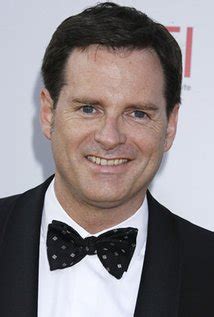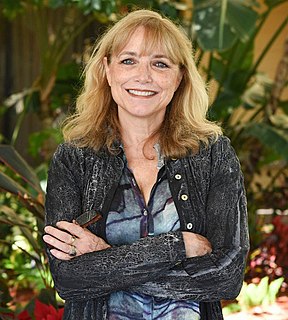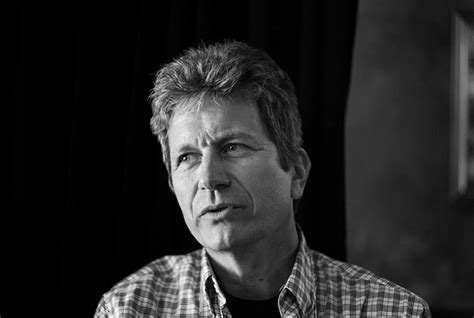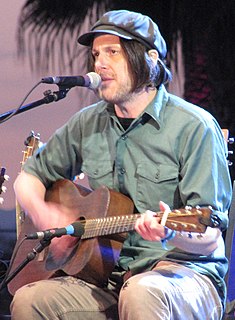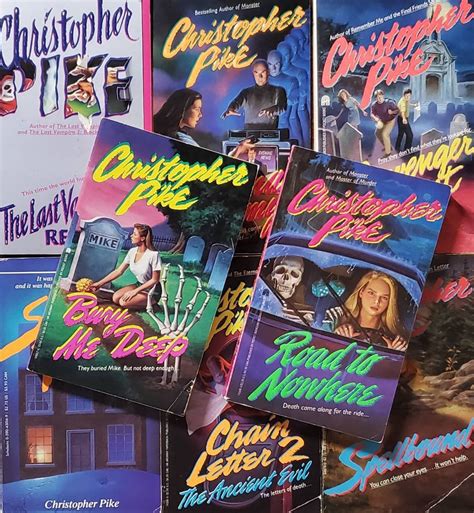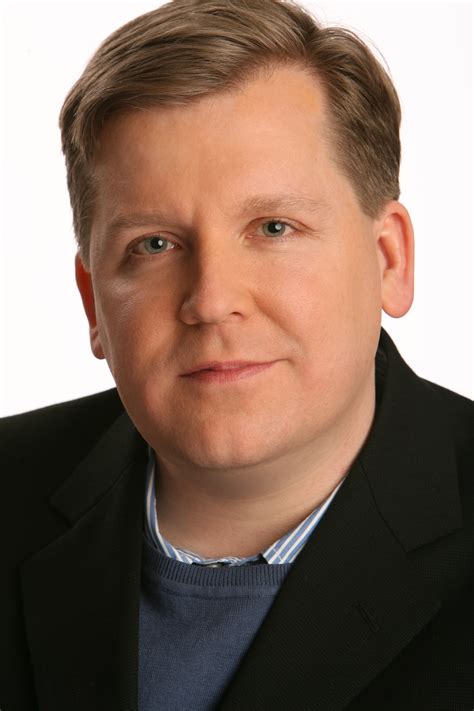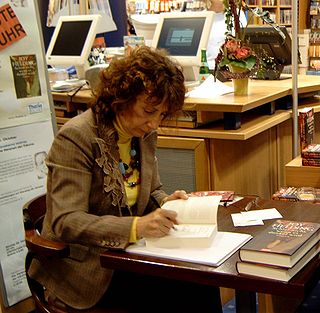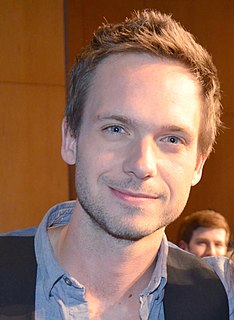A Quote by Gwyneth Paltrow
In the theater, you go from point A to point Z, building your performance as the evening progresses. You have to relinquish that control on a film.
Quote Topics
Related Quotes
And knowing that the only alternative to your grief is the nothingness that’s fast approaching, you try to embrace your own sorrow, to be open and empty and let it all pass through you. This is the key, you have learned – to relinquish control, to relinquish the desire for control. Even in this late drama, to try to control is to go mad. And so you do your best to let it all go.
In the theater, actors are the essential element of the work. In a film, it's a real collaboration - not that theater isn't, because it is - but it's a collaboration to such an extent that you can give a performance in film that sometimes you look at and you go, "Well, that's not the performance I was trying to give at all."
I was working with actors who were very easy to work with, but I can just imagine how, with all the other decision-making problems that come up along the way, in addition to that, the whole point of what your doing is following performance and character development. You're building your story with those building blocks, and it is not easy. I've only come out with more respect for directors, from this.
I cannot control what you bring into the theater when you see the film. I can't control what my parents bring in. I can't control what some random person on Twitter brings in to the theater. All I can control is the hour and 50 minutes that the movie lasts, and try to give it absolutely everything I can.
The songs sort of come out spontaneously and it'll take me awhile to figure out what exactly is happening lyrically, what kind of story I'm telling. Then I start building little bridges - word bridges - to make everything go from one point to the next point to the next point until it reaches the end.
I think film is a world of directors. Theater is a world of actors. Or, theater is for actors as cinema is for directors. I started in theater. Filming is as complete as directing film. In theater, you are there, you have a character, you have a play, you have a light, you have a set, you have an audience, and you're in control, and every night is different depending on you and the relationship with the other actors. It's as simple as that. So, you are given all the tools.


